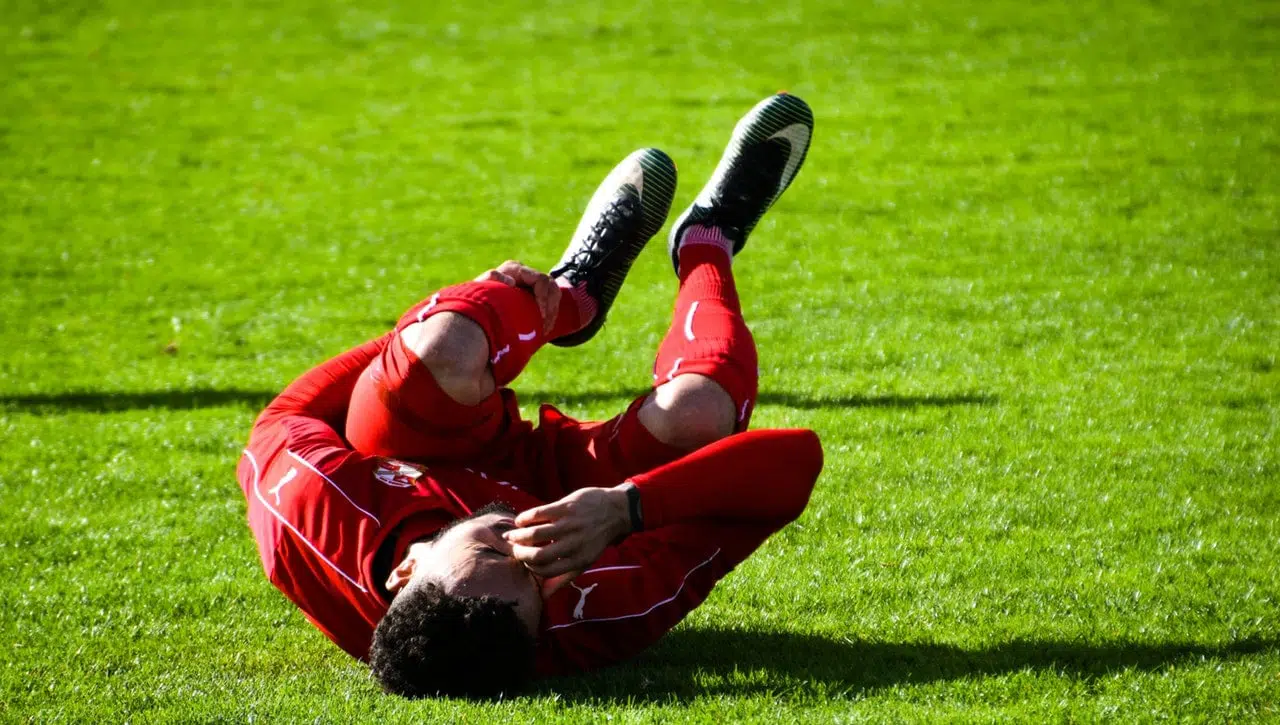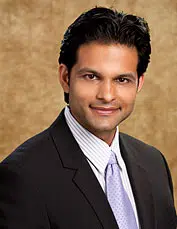Call Now!
Torrance Office: +1 (424) 360-0155

If you've suffered an acute sports injury such as a torn ACL, or your mobility has become increasingly limited due to nagging neurological or joint problems, you'll do whatever it takes to get back in the game somehow -- but how? On the one hand, you could do as many of your teammates have done by availing yourself of a sports medicine doctor. On the other hand, it makes perfect sense that an orthopedic problem should be looked at by an orthopedic doctor. Which type of practitioner, then, should you choose? You can't really know the answer to that question until you understand what sets these two fields apart. Here are three of the key differences you'll want to take into consideration, courtesy of our Torrance CA Orthopedic Clinic at Rolling Hills Medical.
Both sports medicine doctors and orthopedic doctors undergo extensive medical education training, but with emphases in slightly different disciplines. A sports medicine doctor will begin with board certification in a basic area such as family medicine, internal medicine, rehabilitation, emergency medicine or even pediatric medicine. They must then pass an additional national exam that certifies them to practice sports medicine. Their certification must be renewed by passing an additional exam every 10 years; in the meantime, they're expected to continue their ongoing education in related medical disciplines or specialties.
Orthopedic doctors follow a somewhat more traditional path of medical training. Between their basic medical training and their medical residency, orthopedic doctors typically spend 14 years amassing the formal education they need. They must then take and pass the necessary certification to practice orthopedic medicine.
Orthopedic Doctors and Orthopedic Clinics tend to see a wider range of patients than sports medicine doctors. While sports medicine doctors tend to work with individual athletes and sports teams, our orthopedic clinic may be visited by patients from all walks of life -- from full-time professional athletes and "weekend warriors" to small children or senior citizens who don't participate in sports at all. Rather than defining our parameters in terms of a particular form of activity, our orthopedic clinic focuses on addressing joint problems, musculoskeletal disorders, injuries, and neurological challenges regardless of how those injuries came about.
Perhaps the most important difference between sports medicine doctors and orthopedic doctors is the list of services provided. To be fair, sports medicine doctors can do a great many things for their patients, including:
Orthopedic doctors can provide many of these same services. But these practitioners can also administer forms of care than sports physicians aren't trained or qualified to perform. These procedures include any kind of orthopedic surgery, including fracture repair, joint tissue reconstruction, and spinal surgery. Orthopedic doctors (and neurologists) are also the better choice for delicate, specialized spinal injections, such as epidural injections or facet joint injections for long-term pain relief.
Rolling Hills Medical will always give you an honest answer as to whether we can provide the right mix of skills, expertise, training and treatment for your specific needs. Call our Torrance orthopedic clinic at 424-250-8699 for a consultation with our orthopedic surgeon, Dr. Ghodadra.
